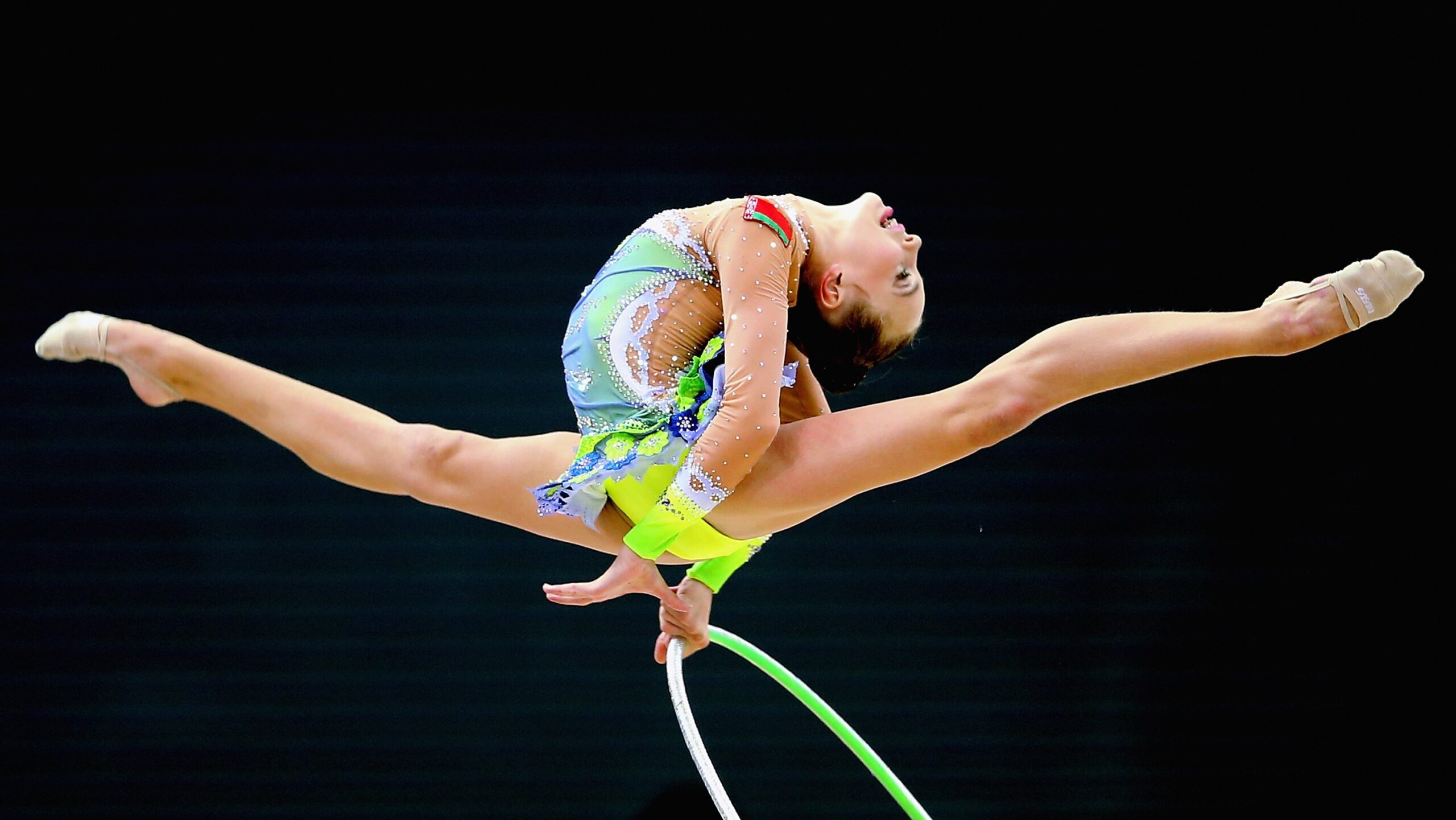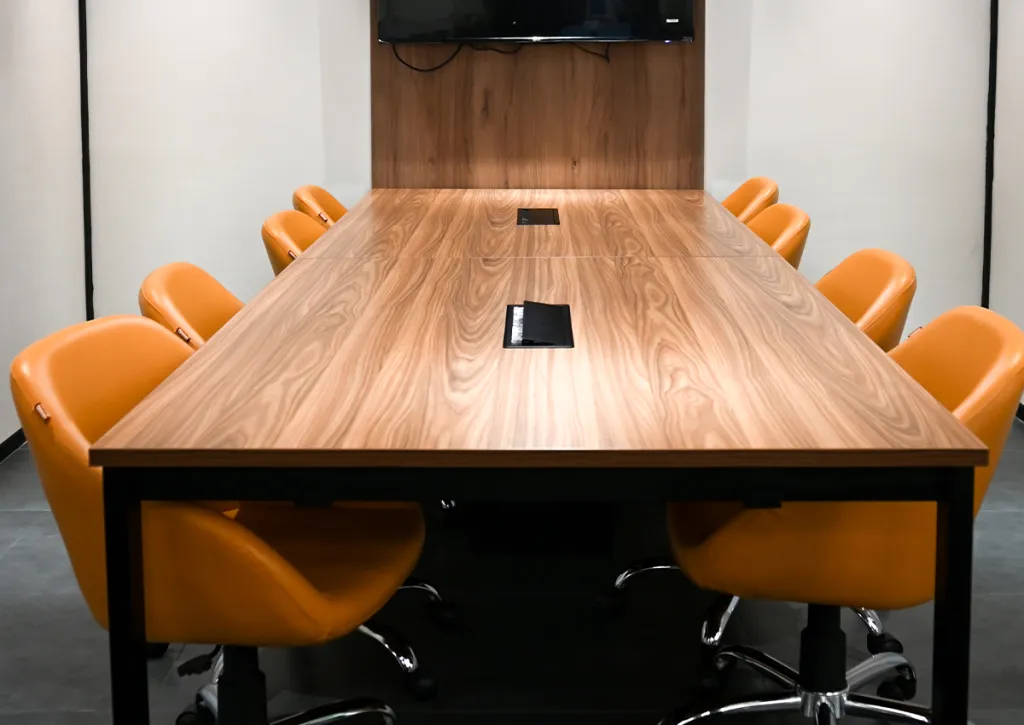
Starting any sport can be exciting, but rhythmic gymnastics offers special challenges and rewards when starting from scratch. Beginners require more than brute strength; instead, they require smart training tips that enable steady progress over time safely.
Sport fencing presents both physical and mental challenges. Newcomers to fencing must develop foundational skills the right way; training smarter means learning to work with rather than against your body, pushing beyond discomfort at times when necessary while knowing when it is better to sit back or back off for now.
An Important Approach
A wise beginner goes beyond imitating performances; they understand the steps necessary to get there. A thoughtful training approach aims at injury prevention, consistent improvement, and long-term sustainability; listening to your body while practicing regularly but not excessively and prioritizing rest as much as effort are all hallmarks of excellence in training.
Early enthusiasm often leads to overtraining; however, intense workouts without proper balance could result in either burnout or injury. A wise gymnast follows a well-organized plan, starting with basic movements before gradually progressing toward more complex moves with guidance from experienced coaches.
Building a Foundation That Combines Flexibility and Strength
One of the main draws to rhythmic movement is its flowing, graceful visuals, but underneath its beauty lies a powerful mix of flexibility and control. Stretching can help increase range of motion; however, stretching alone could cause instability or muscle strain if left without strength training alongside stretching routines.
Core Strength for Better Movement
A strong core is essential for maintaining balance, posture, and controlled movement. Gymnasts requiring their weight be supported midair before landing specific forms in specific locations may need their core to support transitions smoothly and give each movement definition. Core exercises such as planks and leg lifts help strengthen your transitions by supporting transitions between movements while giving every movement clear definition.
Focus on Form Before Flourish
Why Technique Is Essential
At first, it may be tempting to copy advanced routines with flashy ribbons or hoops. But learning proper technique – including standing correctly, pointing toes correctly, and holding proper posture – makes a remarkable difference in every graceful performance. Every stunning performance begins with solid fundamentals.
Smart gymnasts know that good form builds confidence. Clean turns, elegant lines, and controlled landings are more valuable than complex movements done incorrectly. As your form improves, it will allow you to tackle advanced choreography with ease.
Learning through Observation
Sometimes the key to smart training lies in watching rather than doing. Watching experienced performers – either live or via videos-—can help newcomers to understand rhythm, timing, and flow more readily. Recording your own sessions then reviewing them afterwards can also be used as a powerful way of pinpointing errors while celebrating progress.
Coaching Roles and Community Resources
Coaching for Long-Term Success
Experienced coaches offer more than technique; they also provide structure, corrections, and feedback you won’t get from practicing alone. Coaches also help devise training plans tailored specifically to you while pushing you out of your comfort zone and beyond your skill level.
Development of Supportive Training Circles
An encouraging training environment can boost motivation. Whether in class or team settings, working towards similar goals with like-minded peers can inspire perseverance and ensure everyone works towards reaching them together. Team members share struggles and provide support during setbacks, then celebrate successes together!
Implement Healthy Habits to Achieve Consistent Growth
Nutrition and Rest
At the core of every great performance lies a healthy lifestyle. Nutrition fuels training sessions, while hydration supports flexibility and muscle function. Rest is equally crucial; sleep allows your body to repair itself while recovering strength. Skilled gymnasts realize this and plan recovery time as part of their training plans.
Mindset and Motivation
Mental strength is just as vital to physical skills. A beginner’s journey often presents unique obstacles like mistakes, slow progress, or self-doubt. A positive mindset helps overcome frustration and stay on the track towards long-term goals; visualization techniques, affirmations, or consistent self-talk may all assist with keeping motivation high.
Elevating Passion Through Practice
Progress doesn’t happen overnight. Training smart means appreciating each step as part of an enjoyable process rather than solely striving for results. Every day is an opportunity to build strength, refine routines, and express oneself through movement – that’s the beauty of this sport – it combines both creativity and discipline together!
As you continue your journey, remember that smart choices lead to lasting progress. From mastering simple spins to performing for an audience on stage, remain patient and consistent in your practice. Rhythmic gymnastics isn’t simply about performance–it is an outlet of strength, artistry, and growth!
Send me a note if you would like a meta description, slug, or SEO title suggestion for this post!
Conclusion
Beginning your rhythmic gymnastics journey can be both thrilling and fulfilling. By prioritizing smart training–building a solid foundation, prioritizing technique, and cultivating both body and mind–you can set yourself up for lasting success in this sport. Keep in mind that progress doesn’t just happen by perfecting routines but through enjoying discipline, creativity, and confidence gained from practice alone – stay inspired, stay consistent, and let every move reflect your growth!






